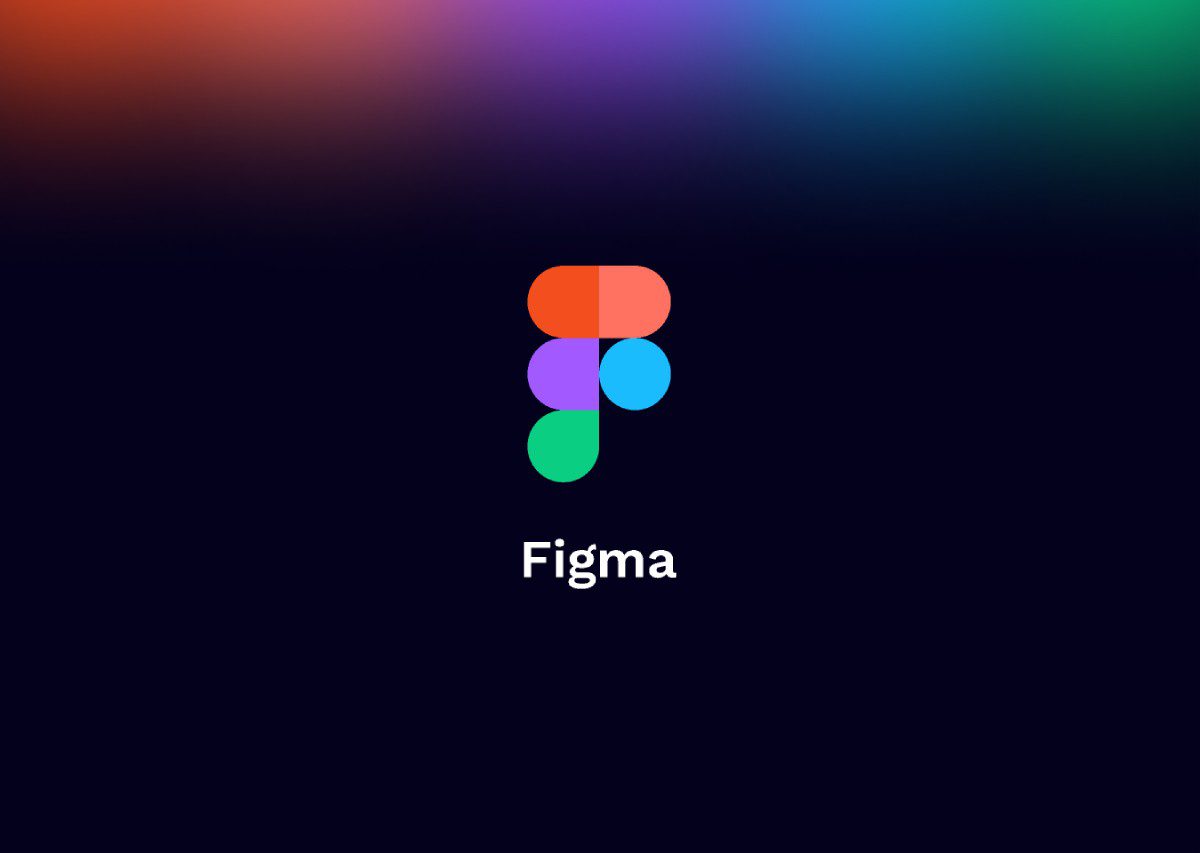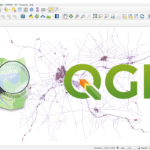The present corporate and business landscape has made effective design and collaboration paramount to the success of businesses. Therefore, digital technologies that help organizations harness the power of design and collaboration are highly valued. Enter Figma, a cloud-based design and prototyping tool that has revolutionized the way design and development teams work together. So what exactly is Figma and why is it important for your business? Let’s dive in.
Contents
- 1 Understanding Figma
- 2 Why Figma is Important for Your Business
- 2.1 1. Figma Prioritizes Real-time Collaboration
- 2.2 2. It Promotes Cross-Platform Accessibility
- 2.3 3. Figma Offers Cost-Effective Solutions
- 2.4 4. It Reinforces Brand Identity
- 2.5 5. Figma Speeds Up Product Development
- 2.6 6. It Enhances Communication
- 2.7 7. Accessibility and Inclusivity
- 2.8 8. Figma Promotes Data Security
- 2.9 9. Scalability
- 3 Summary
Understanding Figma
Figma is a web-based design and prototyping tool that was first introduced in 2016. Unlike traditional design software, Figma operates entirely in the cloud, which means that there’s no need for downloads, installations or version control issues. This cloud-based approach allows teams to collaborate seamlessly in real-time, regardless of their physical location.


Key Features of Figma
1. Real-time Collaboration. This is one of Figma’s unique advantages. Since it’s cloud-based, multiple team members can work on the same design project simultaneously. Changes are instantly reflected, thereby fostering efficient collaboration.
2. Cross-Platform Compatibility. Figma is accessible on various operating systems, such as Windows, macOS and Linux. Moroever, it also has a robust mobile app, enabling work on the go.
3. Prototyping. Figma allows for the creation of interactive prototypes, thereby enabling designers and stakeholders to experience the user interface before development.
4. Plugins and Integrations. Figma supports a wide range of plugins and integrations that enhance its functionality and cater to various design needs.
Why Figma is Important for Your Business
1. Figma Prioritizes Real-time Collaboration
Effective collaboration is the cornerstone of success in the modern business landscape. Crucially, this is precisely where Figma thrives in. One of Figma’s standout features is its real-time collaboration capabilities. Traditional design tools often involve cumbersome processes for sharing and reviewing design files. With Figma, multiple team members can collaborate simultaneously on the same design project, from anywhere in the world.
With real-time collaboration, team members can provide feedback instantly. This means that design iterations happen faster, reducing delays in the project timeline. Additionally, Figma’s live updates ensure that everyone is working with the latest version of the design, minimizing misunderstandings.
2. It Promotes Cross-Platform Accessibility
Businesses today require flexibility and agility in their operations. Figma’s cloud-based approach ensures that your design files are accessible from a variety of platforms and devices. This therefore makes it easier for your team to work whenever and wherever they need to. Additionally, Figma offers a robust mobile app, allowing you to work on your designs even when you’re on the move.
3. Figma Offers Cost-Effective Solutions
In the pursuit of cost-efficiency, Figma’s subscription-based model offers a compelling advantage for businesses. Unlike traditional software that often requires a substantial upfront investment, Figma’s subscription model eliminates this barrier, making it accessible to businesses of all sizes. Moreover, its cloud-based nature means it doesn’t require high-end hardware, thereby reducing the need for expensive workstation upgrades.
4. It Reinforces Brand Identity
Maintaining a consistent brand identity is essential for building trust with your audience. Figma’s design libraries and shared components play a crucial role in achieving this. It allows you to create and store design elements like logos, color schemes and typography in a central location. This therefore ensures that all team members use the same assets. Shared components and design libraries reduce the chances of design inconsistencies and errors, reinforcing your brand’s image.
5. Figma Speeds Up Product Development
In the competitive business landscape, speed to market is often a determining factor in success. Figma’s prototyping features enable businesses to create interactive prototypes quickly. This not only accelerates the design process but also facilitates user testing, feedback collection, and faster product development. This agility is invaluable when adapting to changing market needs.
6. It Enhances Communication
Effective communication is the lifeblood of any organization. Crucially, Figma acts as a central hub for design discussions. Team members and stakeholders can leave comments, annotations, and feedback directly within the platform. This transparency and collaboration streamline communication, ensuring everyone is on the same page. Consequently, the ability to visually point out issues directly on the design canvas ensures that feedback is actionable and well-understood.
7. Accessibility and Inclusivity
Figma’s collaborative environment promotes inclusivity. It enables input from all team members, regardless of their physical location or abilities. This inclusivity fosters a diverse range of ideas and perspectives, ultimately leading to more innovative solutions. As a result, Figma makes it easier for organizations to tap into a global talent pool, allowing them to work with the best and most diverse talent available.
8. Figma Promotes Data Security
We’re firmly in the age of data protection. As such, organizations must take necessary steps to protect their and clients’ data. Figma does take data security seriously too. It prioritizes data security and offers features like two-factor authentication and access controls to protect sensitive design assets. This reassurance is crucial for organizations dealing with proprietary information and client data.
Read Also: How to Bridge the Data Protection Skills Gap in Your Organization
9. Scalability
Whether you’re a startup aiming to establish your brand or an established enterprise looking to stay agile, Figma can scale with your business. It can accommodate growing teams and evolving design needs, making it a reliable long-term solution.
Read Also: An Upskilling Guide to Digital Communications
Summary
In conclusion, Figma is not just another design tool; it’s a game-changer for businesses. Its cloud-based, collaborative, and cost-effective approach to design and prototyping empowers teams to work more efficiently, produce high-quality designs, and ultimately drive business success. Whether you’re a startup looking to establish a brand identity or an established enterprise aiming to stay agile, Figma is an essential tool that can help you achieve your goals in today’s digital-first world. It’s therefore crucial to upskill in order to harness Figma, and watch your business thrive in the era of seamless design collaboration.
If you are looking at taking your organization to the next level with Figma, join us on an exciting journey of creativity and innovation as we guide you through the world of Figma. Register for our comprehensive workshops on Figma that would help propel your organization.
I’m a passionate communications professional with a flair for crafting compelling brand stories and driving impactful communications and marketing campaigns. With a background in public relations (PR) and marketing, I help shape narratives in today’s fast-paced digital landscape.








Comment here